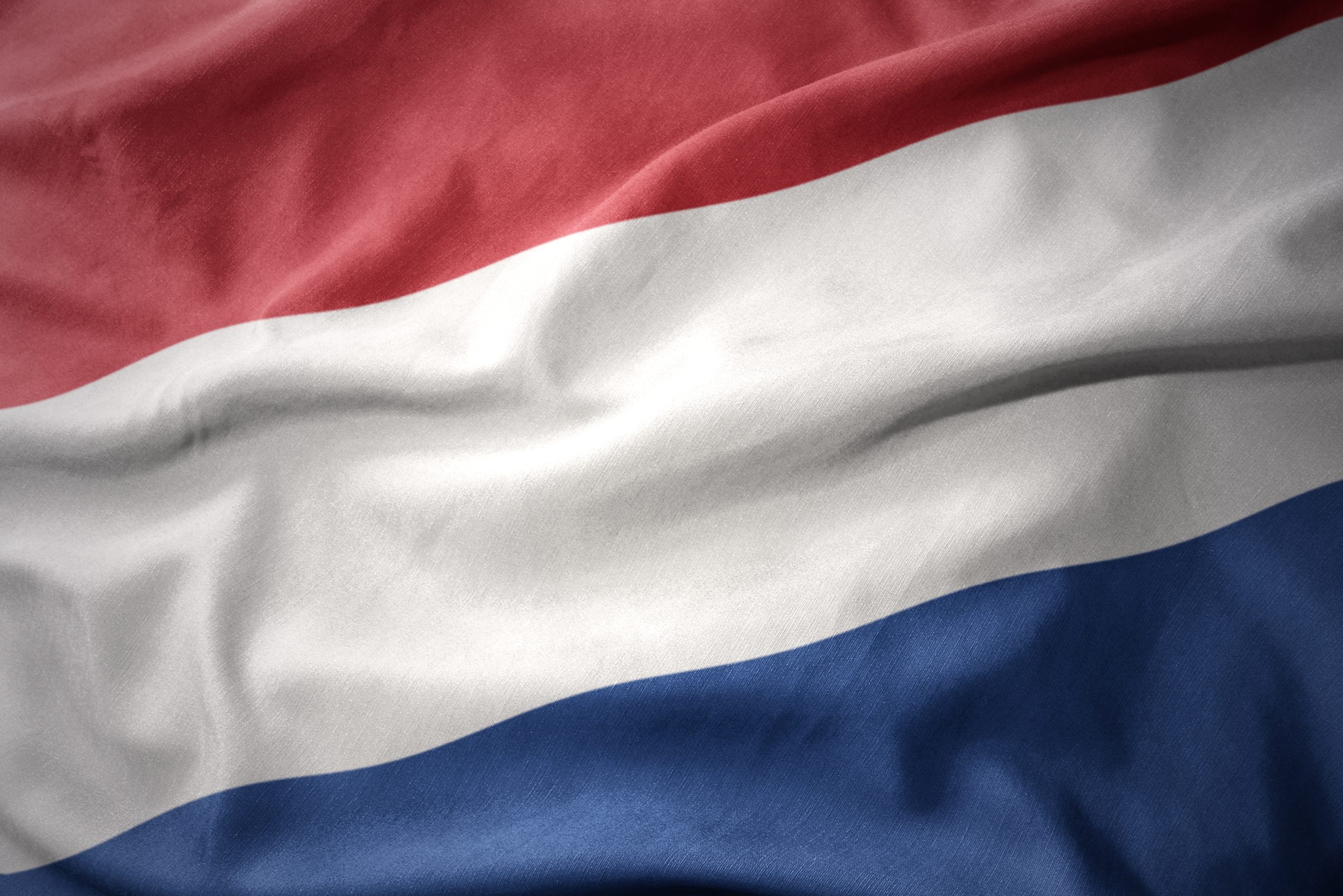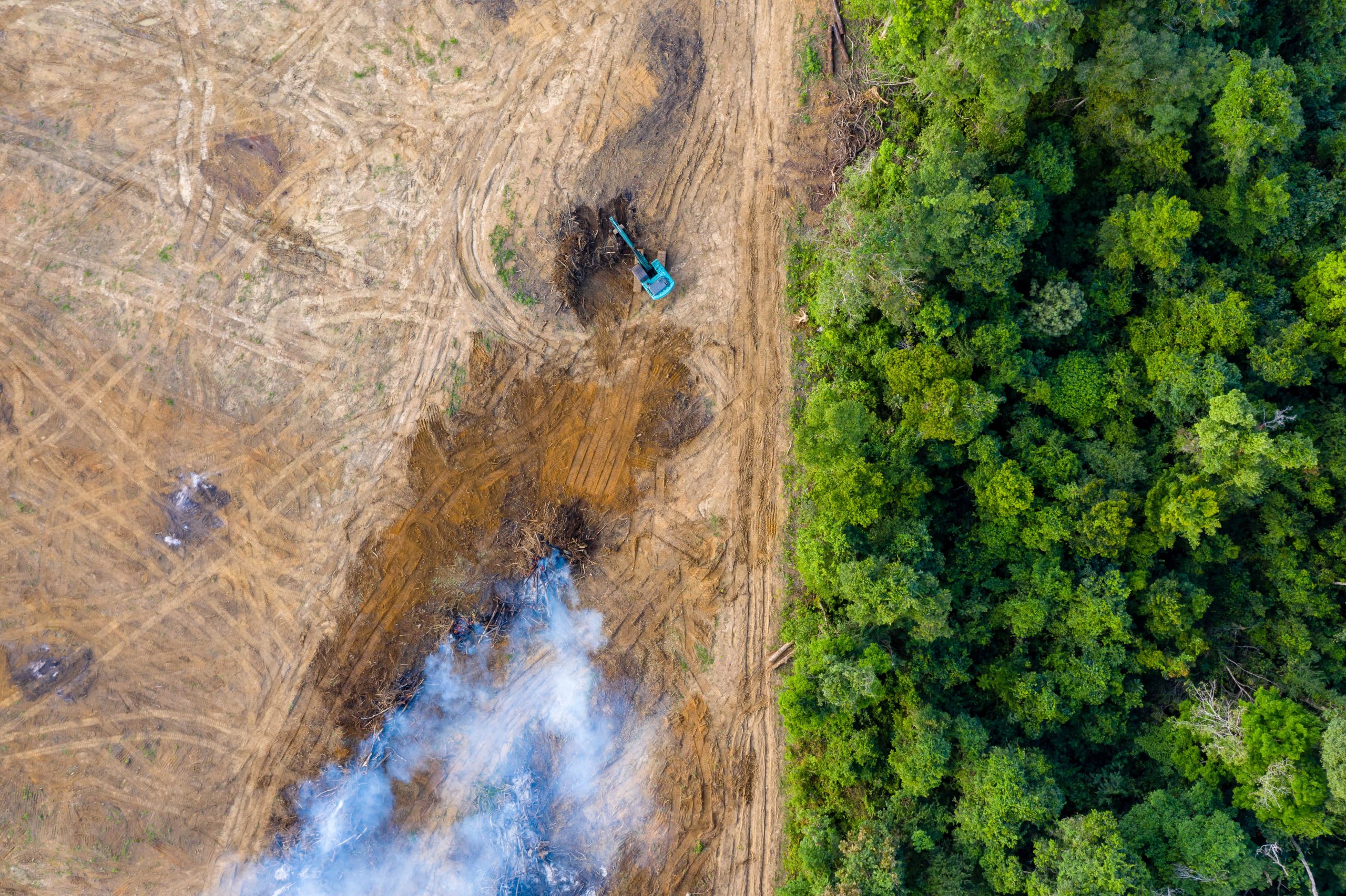Offshore Energy at the Forefront of the Hydrogen Revolution in the Netherlands

The Netherlands is making significant strides in renewable energy and more specifically their hydrogen-infrastructure. Progression with the production of a comprehensive offshore hydrogen network in the North Sea spells good news.
Added to this, Vattenfall and Copenhagen Infrastructure Partners have been awarded the IJmuiden Ver Beta offshore wind farm project. This venture includes a floating solar farm and green hydrogen production, integrating various renewable energy sources to support the Netherlands’ decarbonisation goals and hydrogen revolution.
Gasunie designated as an offshore hydrogen network operator
Dutch energy infrastructure company ‘Gasunie’ will be the network operator for the impending hydrogen network in the North Sea. Announced on the 6th of June via a letter to the Dutch House of Representatives, Minister for Climate and Energy Policy – Rob Jetten – made clear the importance of designating an intended operator to “safeguard public interests.
Regarding the key role that offshore hydrogen production is expected to play in offshore wind growth, Gasunie aims to set the wheels in motion towards creating a hydrogen network. This hydrogen network will help improve Netherlands’ competitive position and energy independence, but in a more importantly help achieve the European climate goals
The Netherlands have great ambitions regarding their future with energy. Offshore wind helps to make the energy sustainable and affordable energy. It also makes the Netherlands and Europe less dependent on energy from other countries. With the further growth of offshore wind from 2030, onshore as well as offshore hydrogen production becomes essential.
The Gasunie vision for hydrogen
From 2030 onwards, it will become increasingly challenging to transmit all the wind power generated offshore to land in the form of electricity. This is where hydrogen enters as a great alternative, given the extensive transmission capacity offered by gas pipelines and the fact that hydrogen is relatively easy to store. This is important as it means energy is available all year round regardless of the climate. Gasunie were full of praise for hydrogen commenting,
“Besides the benefits to the energy system, offshore hydrogen also means that fewer cables and electrolysers will be needed on land. On top of that, hydrogen transmission is very cost-efficient, meaning that it will bring down the total energy infrastructure costs. An added benefit is that these pipelines in the North Sea can also be used to import hydrogen from other North Sea countries.”
The development of the offshore hydrogen network serves as public interest. The minister will soon allow Gasunie, as the intended network operator, the task of safeguarding this public interest in developing the network. Gasunie will team up with pipeline owners to explore the possibilities of reusing pipelines. Additionally, they will receive a grant from the Climate Fund for the performance of this task.
Gasunie seems a worthy choice as the company pride itself on spearheading the Dutch transition towards an affordable, reliable and sustainable energy supply. Examples of this can be found in their work on the construction of the national hydrogen network, primarily by repurposing existing natural gas pipelines.
Gasunie CEO Willemien Terpstra notes, “We are pleased that the government has placed its trust in Gasunie and intends to assign Gasunie this vital role of offshore hydrogen network operator. We are ready, just like we are doing onshore with the national hydrogen network, to get to work to build a network in the North Sea, that will not only have good connections to our national network but also to our neighbouring countries. Needless to say, we will be looking into whether and, if so, how we can reuse the existing North Sea gas infrastructure.”
Vattenfall join partnership following permit for offshore wind farm
‘Zeevonk’, the joint brainchild of Vattenfall, (one of Europe’s leading energy companies) and Copenhagen Infrastructure Partners (a global leader in renewable energy investments) has been awarded a permit to build wind farm IJmuiden Ver Beta in the Netherlands
This 2 GW offshore wind project will include a 50 MWp floating offshore solar farm on site and a new electrolyser at the Port of Rotterdam which will convert electricity of IJmuiden Ver to green hydrogen.
“The Netherlands is taking yet another major step forward in the energy transition with IJmuiden Ver. Combining wind, solar and hydrogen, this project will create a state-of-the-art energy system and support further decarbonisation of industries and our society. We are extremely proud to have been awarded this permit and look forward to implementing our plans for this energy park together with CIP,” says Martijn Hagens, CEO Vattenfall Netherlands.
The new electrolyser will specifically be built at the Maasvlakte on the Port of Rotterdam. The hydrogen produced will help to decarbonise industries and transport. They aim for green hydrogen to play a key role in replacing fossil fuels and feedstock.
“The Netherlands is at the forefront of the energy transition with ambitious offshore wind and hydrogen targets and stands out as a pioneer in this field. We at CIP are confident that our strong partnership with Vattenfall will support and contribute to the Netherlands journey towards a carbon-neutral future. The award of IJmuiden Ver Beta is a milestone for CIP’s Energy Transition Fund and an important step in realising an integrated energy system in the North Sea,” comments Felix Pahl, Partner at CIP.
Byline by Sonny Riddell

